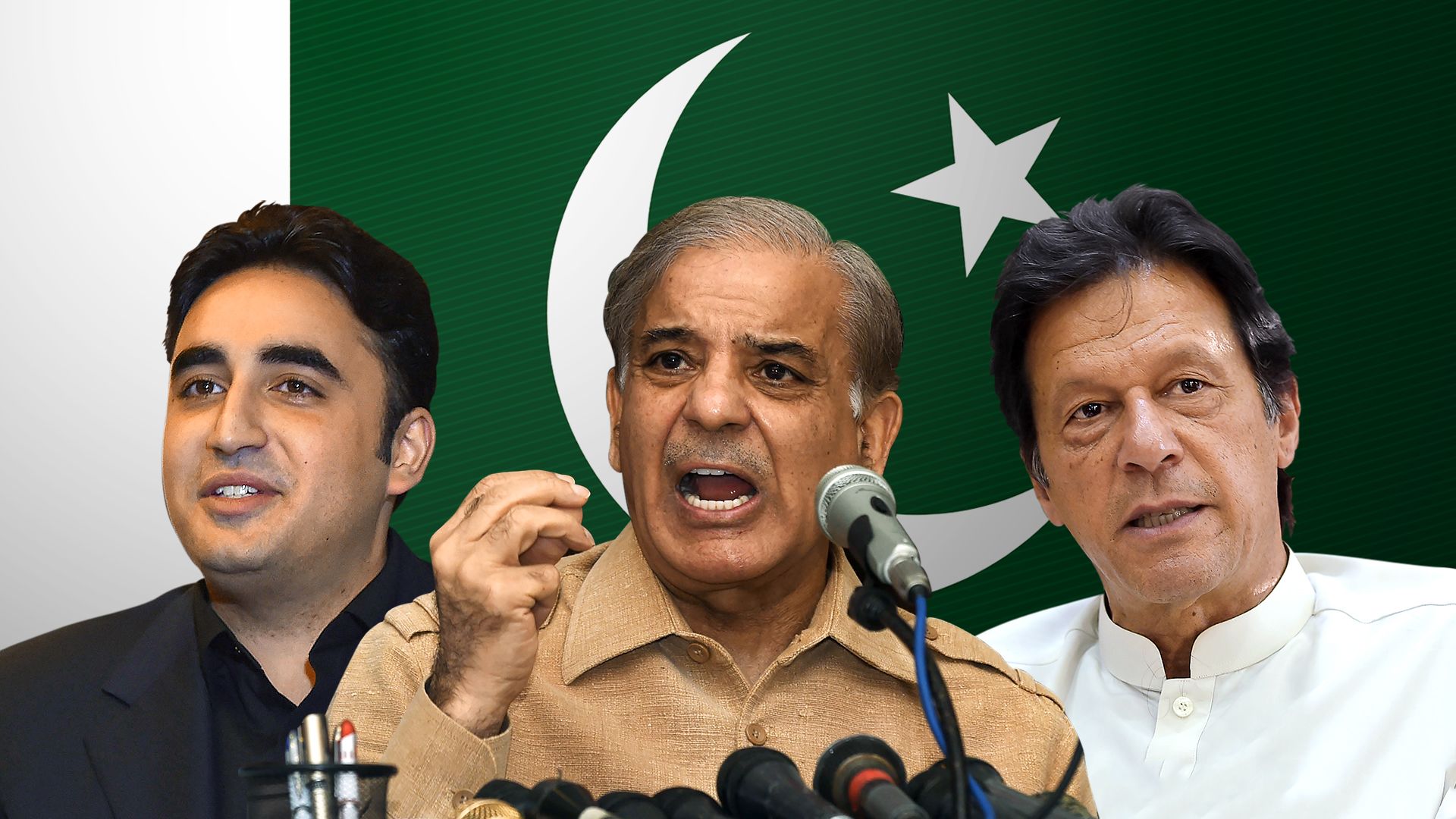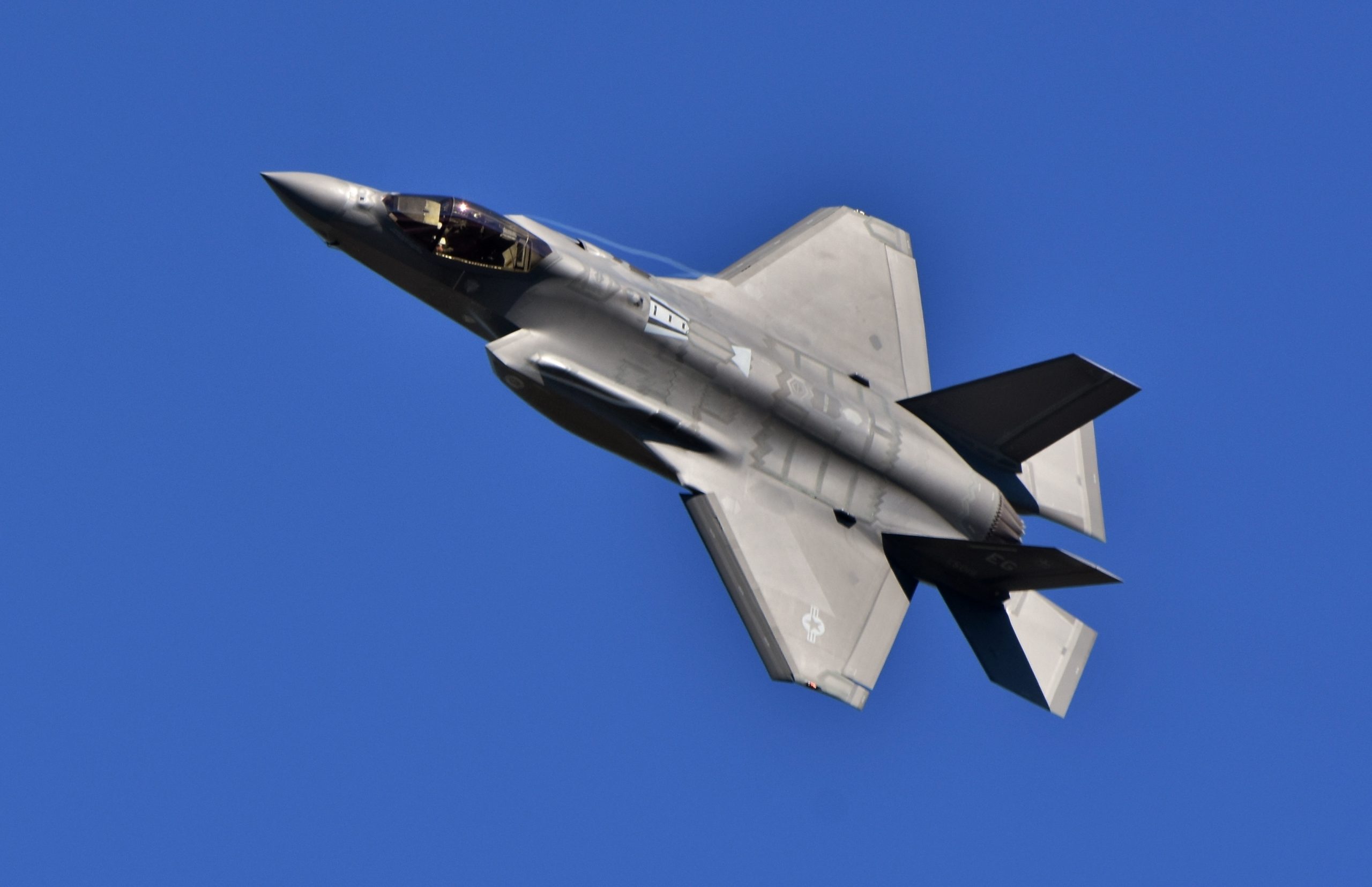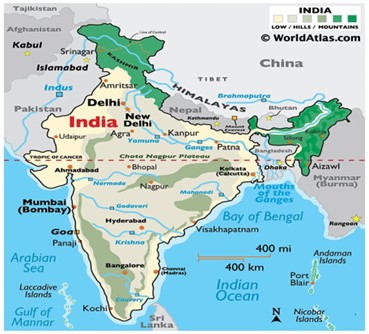
Managing Democracy In Pakistan: An Enduring Experiment by the Establishment

Ploy for an Early Poll
On 01 March 2023, a five-member bench of Pakistan’s Supreme Court led by Chief Justice Umar Ata Bandial gave a split 3-2 ruling for conducting elections in the provincial assemblies of Punjab and Khyber Pakhtunkhwa within 90 days. These two provincial assemblies were governed by former Prime Minister Imran Khan’s Pakistan Tehreek-e-Insaf (PTI) party. Since his dramatic dismissal in April 2022, Imran has been running a vitriolic campaign against the 16-party coalition led by Shehbaz Sharif and his early benefactor, the military junta or the ‘Establishment’. The National Assembly polls are due by October this year, which gives the ‘Establishment’ and the hapless Shabaz Sharif coalition some breather to fix the ailing economy and tide over the terrorism threat. Given the grim security and economic situation, Imran Khan wants to exploit the public sentiments by precipitating early elections. Pakistan usually holds the provincial and national elections together. Hence, the dissolution of Punjab and Khyber Pakhtunkhwa provincial assemblies in January was part of his ploy to pitch for an early poll in the summer.
Constitutional Reprieve
A constitutional crisis was created on 20 February 2023 when President Arif Alvi, a PTI loyalist, unilaterally announced 09 April as the election date in the two provinces. It got the government and military scampering. Immediately, the Supreme Court of Pakistan took a suo moto notice of the President’s announcement. A nine-member Bench was initially constituted on 23 February to hear the matter, which was later revised to a five-member Bench on 27 February led by Chief Justice himself. The Top Court examined the constitutional responsibilities in the backdrop of Article 105(3)(a) and 57(1) of Pakistan’s Constitution, which stipulates the holding of elections within 90 days of the dissolution of the Assembly. A split 3-2 ruling pointed out that ordering the election date rests with the constitutional authority that dissolves the Assembly. While the judges were critical of the role played by the Governor of Khyber Pakhtunkhwa in delaying the poll date announcement, they were soft on the Election Commission’s inability to comprehend the constitutional crisis. The Election Commission, in consultation with President Alvi, has fixed 30 April as the date for Punjab provincial elections, while the date for the Khyber Pakhtunkhwa elections is yet to be announced by the Governor. The separate provincial and national assembly elections are set to keep the political temperature high throughout the summer.
Managing the Affairs
Reigning Proxies. Imran Khan’s removal from office, like those of Yousaf Raza Gilani in 2012 and Nawaz Sharif in 1993, 1999, and 2017, points to the discomfort the military establishment feels if the popularity index of a political candidate exceeds their assessment of control. It has been seen in the past that these proxies assert themselves and pursue their agenda of self-aggrandisement after learning the trick of manipulation. It leads to disastrous consequences. In the case of Imran Khan, the ouster is proving to be tricky as the country sits at the precipice of economic, political, and security crises. The room for manoeuvre by the military establishment is shrinking.
Courting Credibility to Outplay Imran. The ‘Establishment’ is known to have used the media, judiciary and extra-constitutional offices of the Election Commission and National Accountability Bureau (NAB) to reign them. The Pakistani military and its intelligence services’ repeated failures to run the country through selected loyal proxies since 2008 have affected their credibility. The saga of leaked conversations implicating military leaderships, judges and politicians, and the public release of tax records, like those of General Bajwa, is being used to settle the personal score. Imran Khan is trying to prove that he is more dangerous out of government. However, the military has been bidding its time for action. Unlike previous civilian leaders who revolted against the military, Khan was not arrested immediately. Imran has launched a large number of protest rallies to cement his position, but the military has been working quietly behind the scenes to outplay Imran. The script is clear- the politicians’ chronic inefficiency and repeated crises plunge the country into disaster, and the dream of regeneration can only be achieved through the ‘Establishment’.
Political Manoeuvering. The tactical retreat from the political arena by the Pakistan Army is likely to be short-lived with the announcement of the Punjab provincial elections on 30 April 2023. The crude power struggle was witnessed on 05 March 2023, when Islamabad Police failed to arrest the PTI chief from his Zaman Park residence in Lahore due to protests mounted by his supporters. However, it did not stop Maryam Aurangzeb, daughter of Nawaz Sharif and currently the Minister for Information and Broadcasting, from prohibiting the speeches and press talks of Imran Khan from being aired on TV channels. Pakistan Electronic Media Regulatory Authority (PEMRA), established to facilitate and regulate private electronic media for the third time, invoked this prohibition in the last seven months despite adverse comments by Islamabad High Court. Within seven months, the NAB Chief and a former DG of the Intelligence Bureau, Aftab Sultan, was sent packing on 22 February 2023 for failing to meet the Establishment’s demand. A military veteran, Lt Gen (retd) Nazir Ahmad Butt, has been appointed the new NAB chief. The messaging is quite evident. The strategy is to discredit Imran and, if required, use judicial decree to debar him from contesting and canvassing. Move heaven and earth to see that a coalition government under PMLN comes to power in Punjab province while seeking time from the Election Commission to postpone the elections for the National Assembly beyond October 2023. By September, the term of President Arif Alvi of PTI ends, allowing the ‘Establishment’ to put in place a proxy President who can handle the political uncertainties in the fall of 2023.
Come September
The soaring mercury throughout the summer will keep Pakistan’s political landscape on the boil. The ‘Establishment’ will need to fix a highly explosive politico-economic situation. Though military versus civilian supremacy remains a major issue for sustainable democracy, the choices are limited this time. The ‘Establishment’ has nurtured the small power elite and looks forward to working with them through a coalition. There is also speculation about appointing a long-term caretaker government led by technocrats to steer the country out of the economic crisis. Though it remains an option, it exposes the military and the caretaker government to combined political wrath.
The ‘Establishment’ known to manoeuvre the sticky political situation seems to be on a back foot this time. The distinction between “being in power” and “being in office” has been central to the Pakistani paradigm. The common man reeling under extreme inflation is looking for a miracle. The military is under extreme pressure to prevent the recurrence of the Sri Lankan scene in Pakistan. The American-Arabia-China combine would not like a nation of zealots and nuclear weapons to run into an abyss. The flow of funds from the IMF and China will be crucial, but the timeline for recovery remains a concern.
The September song by Frank Sinatra captures the mood of the Establishment, “Oh, it’s a long, long while from May to December, but the days grow short when you reach September.” As the practitioner of enduring experiments in Pakistani politics, the ‘Establishment’ will need to tread well.
Disclaimer
The opinions expressed in this article are the author’s own and do not reflect the views of Chanakya Forum. All information provided in this article including timeliness, completeness, accuracy, suitability or validity of information referenced therein, is the sole responsibility of the author. www.chanakyaforum.com does not assume any responsibility for the same.
Chanakya Forum is now on . Click here to join our channel (@ChanakyaForum) and stay updated with the latest headlines and articles.
Important
We work round the clock to bring you the finest articles and updates from around the world. There is a team that works tirelessly to ensure that you have a seamless reading experience. But all this costs money. Please support us so that we keep doing what we do best. Happy Reading
Support Us





















POST COMMENTS (2)
Kalidan Singh
Arun Prabhakar.